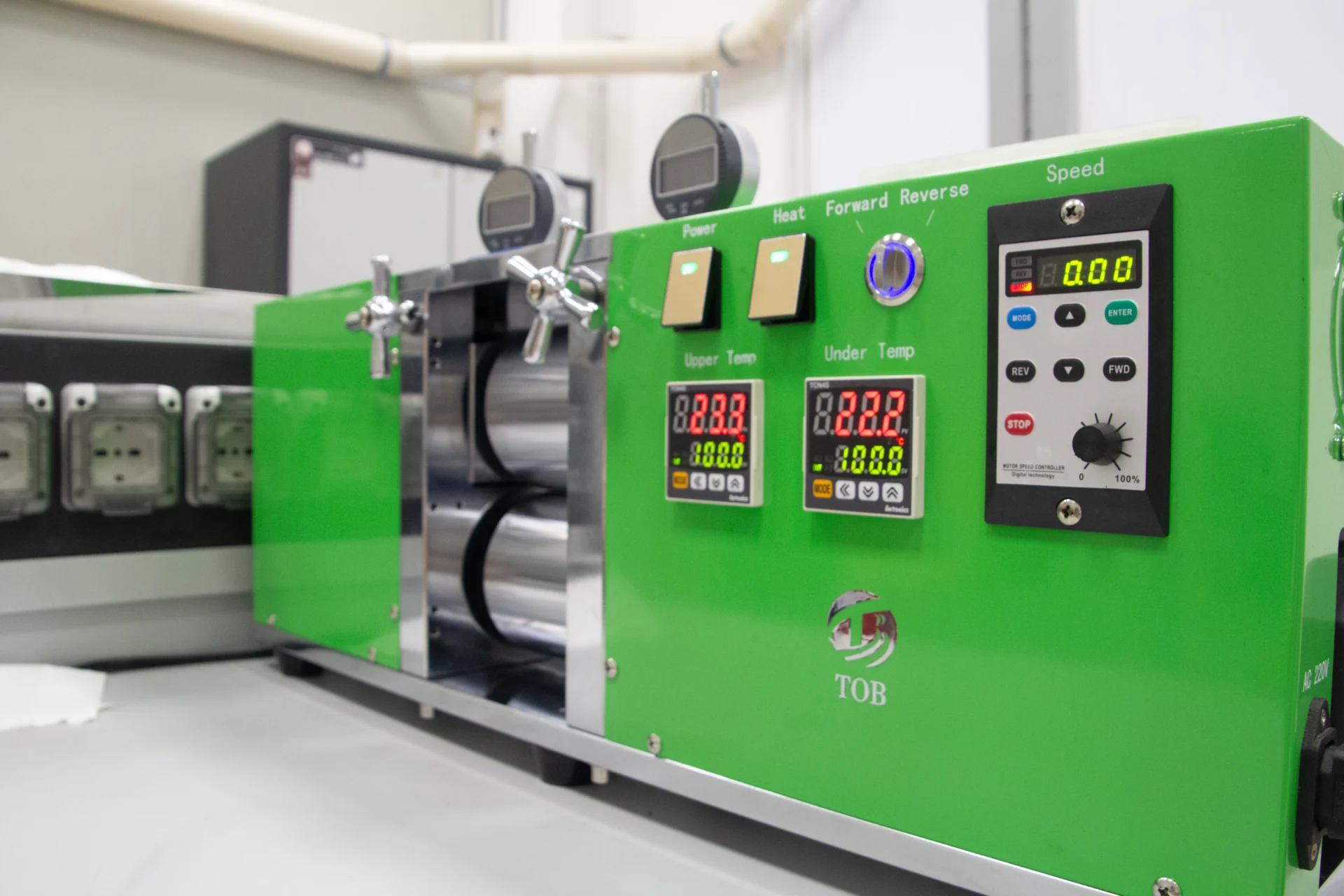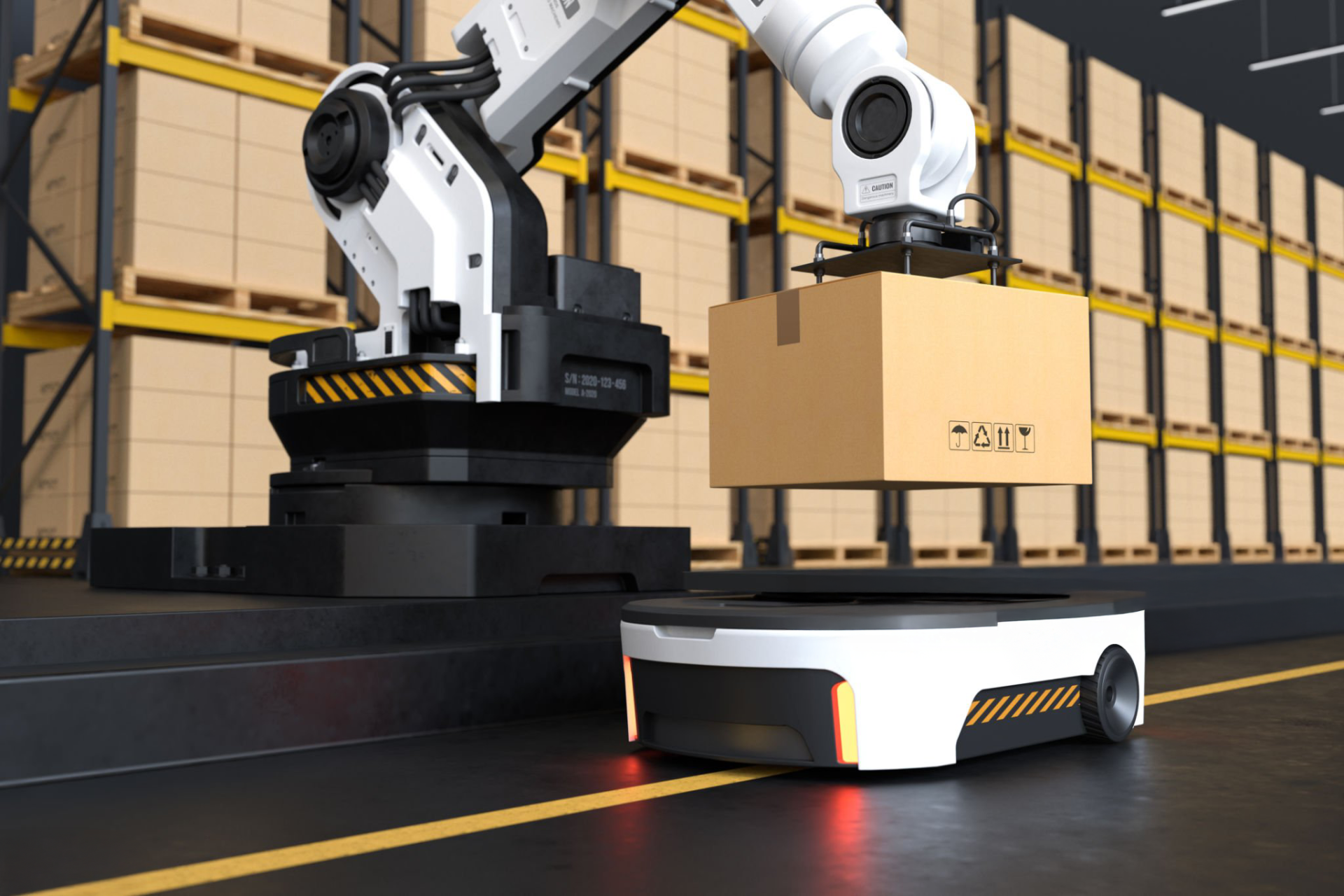SUPERCAPACITORS OR
BATTERIES?
10/07/2025
Supercapacitors or batteries: which is better?
As demand grows for faster, safer, and more efficient energy storage, one question keeps coming up: supercapacitors or batteries—what’s better? The answer, as always, depends on what you’re trying to power. From electric vehicles to grid systems and industrial robots, understanding the differences between supercapacitors and batteries is essential for making the right choice.
Supercapacitors: An Overview
Often called Ultracapacitors or Electric Double Layer capacitors, supercapacitors are also known as high-power energy storage devices that store and release energy much faster than conventional batteries. Unlike batteries, which rely on slow electrochemical reactions, supercapacitors store energy in an electric field, allowing for instant power bursts and ultra-fast charging.
They don’t compete with batteries in terms of energy density, but they excel in power density, lifespan, and reliability. Today, supercapacitors are used in everything from regenerative braking systems to aerospace and industrial automation.
Whether for short bursts of power or to stabilize voltage in sensitive systems, supercapacitors are increasingly being adopted as a complementary solution to batteries—or, in some cases, as a complete alternative.
Supercapacitors vs Batteries: Key Differences
When comparing supercapacitors and batteries, five main differences stand out:
Charging Speed:
Supercapacitors charge in seconds.
Batteries take minutes—or hours.
Cycle Life:
Supercapacitors last over 500,000 cycles.
Batteries wear out after 1,000–5,000.
Power Density:
Supercapacitors deliver rapid energy bursts.
Batteries provide a steady supply over time.
Energy Density:
Batteries can store more energy.
Supercapacitors store less but deliver it instantly.
Temperature Range:
Supercapacitors perform reliably in extreme heat or cold.
Batteries often require thermal management.

So, Which Is Better?
There is no one-size-fits-all answer. If your application demands long duration energy storage, batteries are still the go-to. But if you need quick energy delivery, long life, and extreme durability, supercapacitors offer unmatched performance.
That’s why modern energy systems are increasingly combining both—using batteries for energy and supercapacitors for power. It is not a matter of supercapacitors vs batteries, but of using each where it works best.
READ OTHER ARTICLES
Supercapacitor technology: a technical overview
SUPERCAPACITOR TECNOLOGY: A TECHNICAL OVERVIEW 15/10/2025 Supercapacitors represent one of the most fascinating developments in the field of energy storage.Unlike traditional batteries, …
Supercapacitors: the key to modern logistics
SUPERCAPACITORS: THE KEY TO MODERN LOGISTICS 25/09/2025 From automated warehouses to AGVs: how supercapacitors are transforming logistics processes The evolution of logistics, …




